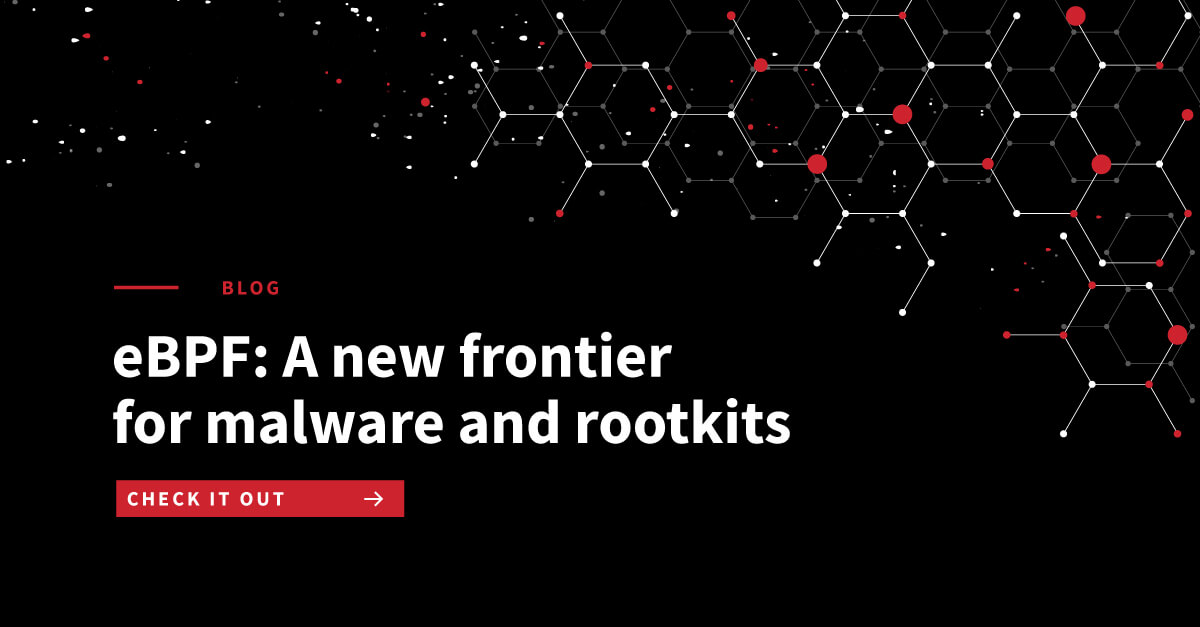Phoronix: Patches Updated For Hooking eBPF Programs Into The Linux Kernel Scheduler
Published back in November were a set of patches for allowing (e)BPF to extend the Linux kernel's scheduler. That interesting work is continuing with Friday having brought a second revision to the patches...
Published back in November were a set of patches for allowing (e)BPF to extend the Linux kernel's scheduler. That interesting work is continuing with Friday having brought a second revision to the patches...



Comment